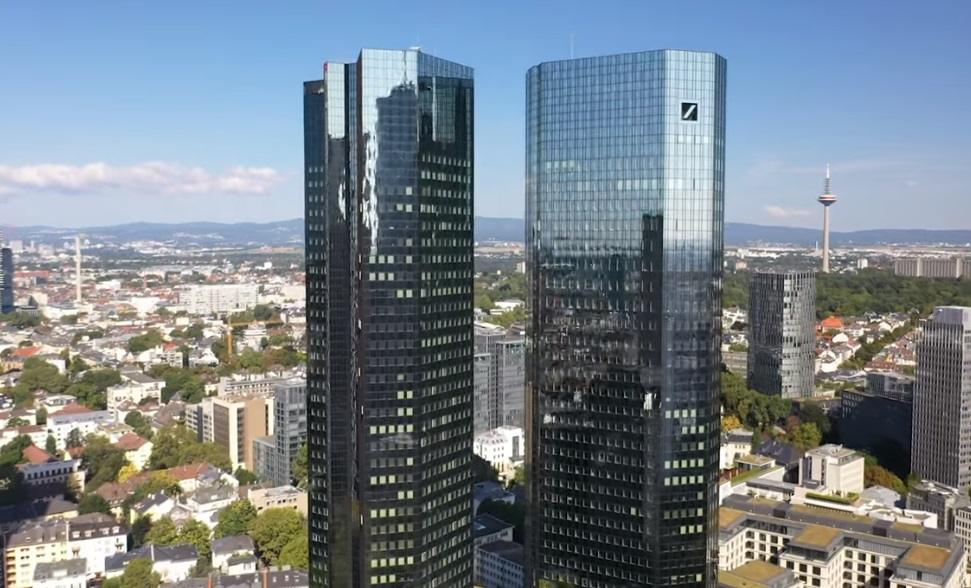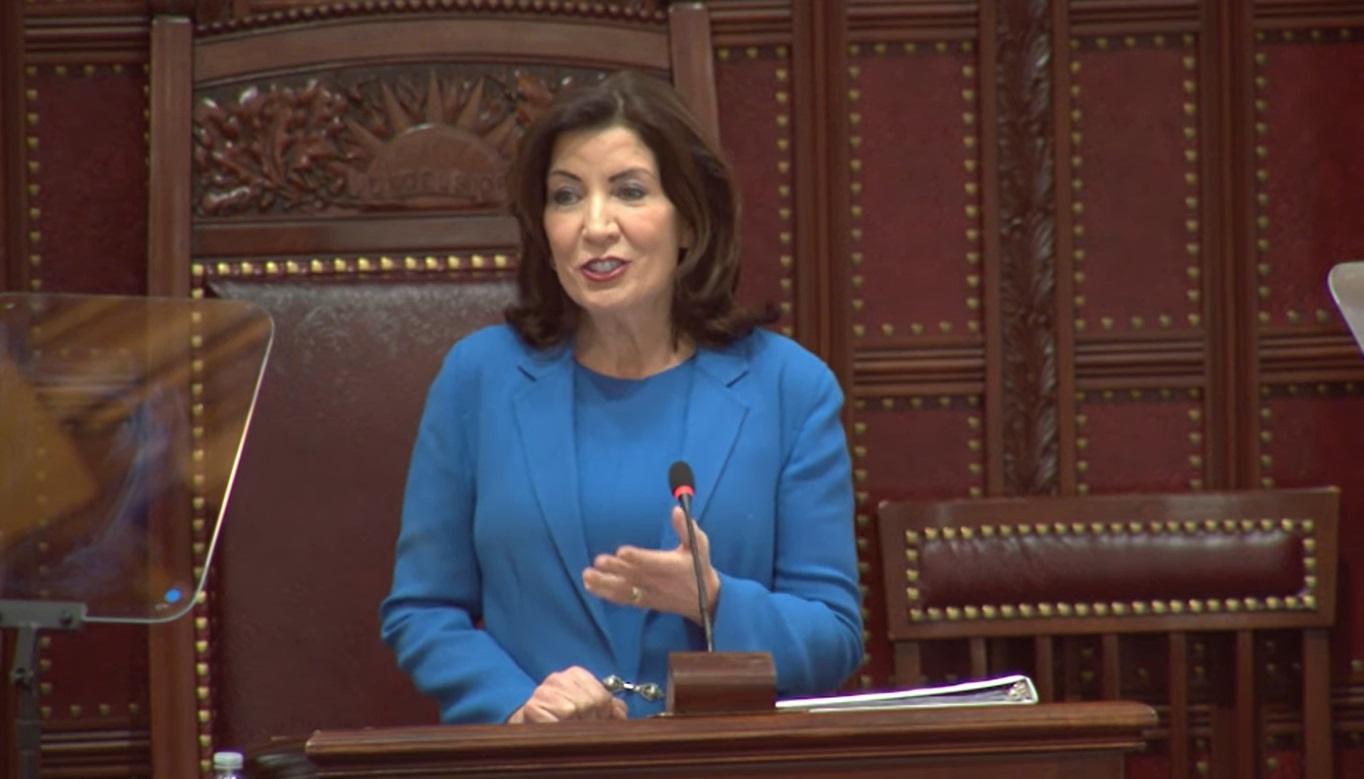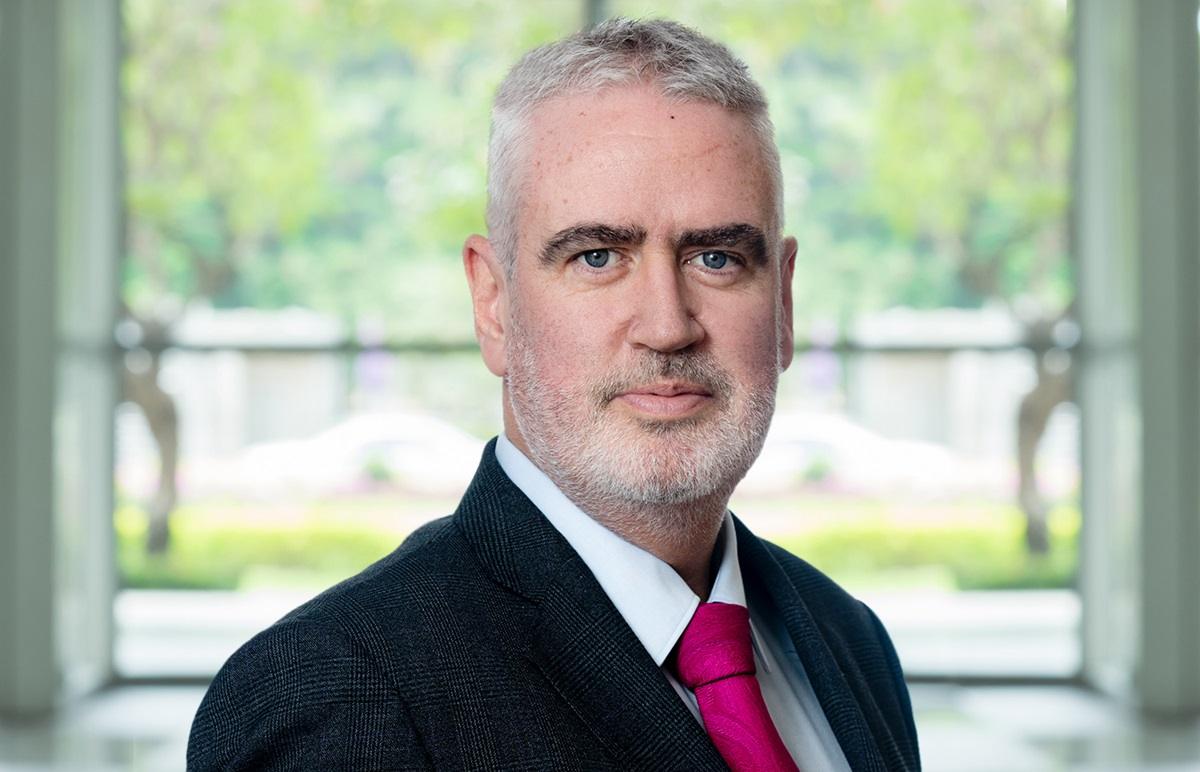Deutsche Bank Ties Senior Exec Compensation to Loan Book Decarbonization Goals
Deutsche Bank announced an update to its Long-Term Incentive plan for Management Board members, the most senior executives in the company, with a portion of compensation for the group linked for the first time to the decarbonization of the bank’s corporate loan portfolio, beginning in 2024.
The change to Deutsche Bank’s incentive plan was announced alongside the release of the bank’s Annual Report, and its Non-Financial Report, outlining its progress on its sustainability agenda and targets.
Deutsche Bank first announced the introduction of ESG and sustainable finance components into its management compensation plans in 2020. According to the new Annual Report, the ESG component now accounts for a third of the Long-Term Award portion of the Management Board’s compensation. The Annual Report also highlights a new structure for the long-term component of the variable compensation for the bank’s top executives, under which financial and ESG targets will be forward-looking over a period of three years, compared to the prior approach of measuring performance against the past year’s results, as well as an aim to be more ambitious in setting targets for Key Performance Indicators (KPIs).
Under Deutsche Bank’s new long-term incentive program for the Management Board, the Environmental KPI of the ESG compensation component will focus entirely on the bank’s financed emissions reduction targets for disclosed carbon intensive sectors, in line with its published pathways to net zero. Additional ESG-related KPIs include targets for gender diversity, and governance factors including control risk management, anti-money laundering and know-your client activities.
Deutsche Bank has set financed emissions reduction targets for seven carbon-intensive sectors, including oil and gas, power generation, automotive, and steel, as well as new sectors announced in October 2023 with the release of the bank’s initial Transition Plan, including coal mining, cement and shipping.
Overall, the bank’s targets now cover sectors representing 54% of its financed emissions, and the bank has said that it plans to publish net zero targets for at least two more sectors this year.
Deutsche Bank’s Non-Financial Report also included details on the bank’s progress towards its goal to achieve €500 billion of sustainable financing and investment volumes between 2020 and 2025. According to the report, the bank reached €279 billion towards its target as of the end of 2023, including cumulative financing volumes of €119 billion, capital markets issuance volumes of €144 billion, and assets under management of €46 billion. Additionally, the bank disclosed that its asset management arm’s DWS’ ESG assets under management reached €133 billion in 2023.
In his Letter from the Chief Executive Officer in the Non-Financial Report, Deutsche Bank CEO Christian Sewing said that the bank is continuing to work towards its €500 billion target despite a recent slowdown in sustainable finance and ESG investment volumes driven by uncertain market conditions.
Sewing added:
“We expect this downward trend to be temporary, as environmental risks materialize more frequently, and the regulatory and reporting environment reinforces the trend towards sustainable financing and ESG investments in the medium term.”






